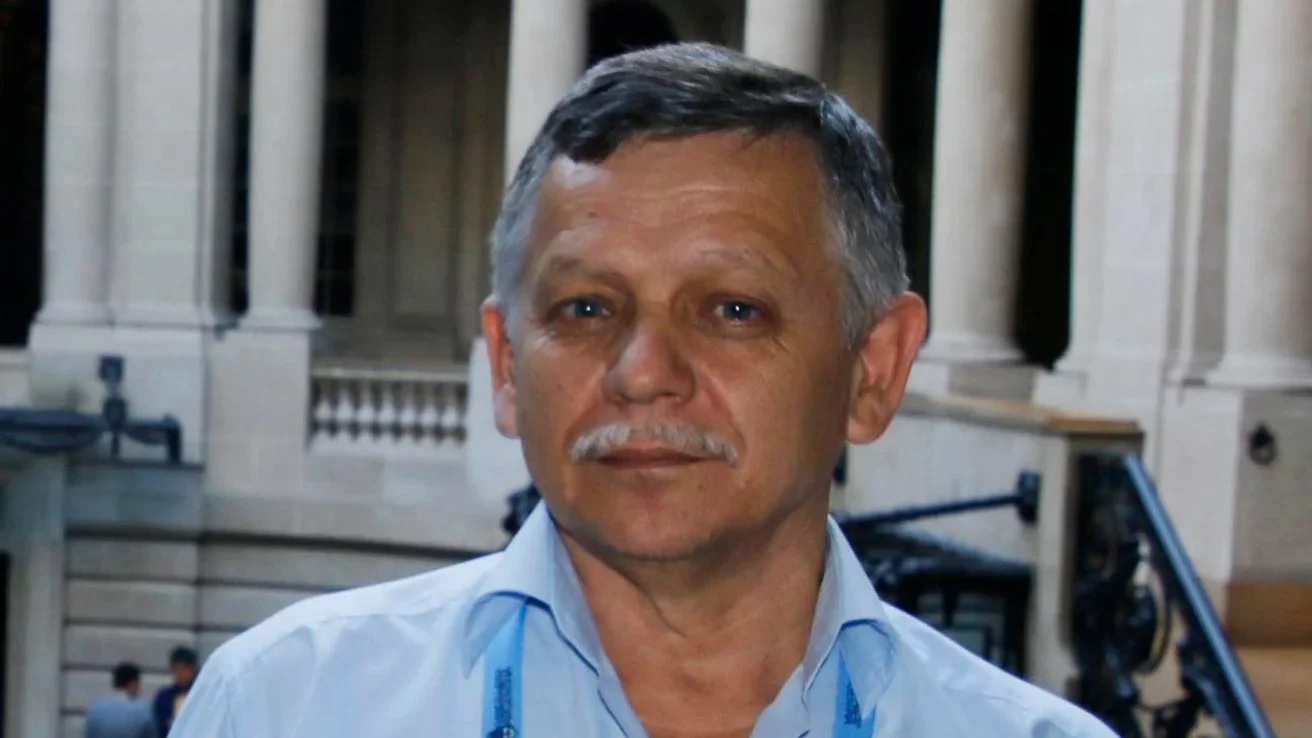Moscow vs. protected areas: why a Ukrainian scientist is at the center of the Antarctic conflict
30 October 19:10
Russia could have detained Ukrainian scientist Leonid Pshenichnov because of his proposals to create marine protected zones in Antarctica, which would allegedly prevent Moscow from developing natural resources on the continent.
This was reported by the Australian ABC, citing a document with official charges against Pshenychnykov, handed over by Ukrainian Ambassador to Australia Vasyl Myroshnychenko, "Komersant Ukrainian" reports.
In the three-page document, the Russian side explains that the creation of protected zones “will lead to the loss of the possibility of developing hydrocarbon resources by Russia on the continental shelf of the Antarctic.”
What the Madrid Protocol prohibits
The publication recalls that the Protocol on Environmental Protection to the Antarctic Treaty (the so-called Madrid Protocol) expressly prohibits any commercial mining activities in Antarctica and the adjacent waters of the Southern Ocean.
Thus, Moscow’s arguments in the document actually contradict international law.
How and when the Ukrainian scientist was detained
As previously reported by Ambassador Myroshnychenko, in mid-September, Russian authorities in the occupied Crimea, in the city of Kerch, detained Leonid Pshenichnov, who was there with his family.
Russia claimed that the scientist was allegedly its “citizen” who “went over to the enemy” while representing Ukraine at international meetings of the Commission for the Conservation of Antarctic Marine Living Resources(CCAMLR).
Initially, it was reported that Pshenichnov was charged with “using research to undermine Russian krill fishing operations” near the Antarctic Peninsula.
Russian investigators believe that he “contributed to the introduction of stricter restrictions” under the CCAMLR, which “could have had negative economic consequences for Russia.”
Due to his detention, Pshenychnov was unable to participate in this year’s CCAMLR meeting, where Ukraine traditionally advocates for the expansion of protected areas in the Southern Ocean.
What does this story mean?
According to analysts, the detention may indicate an attempt by Russia to put pressure on the scientific community that promotes the idea of protecting the Antarctic from commercial exploitation.
In recent years, Moscow has been blocking decisions on the creation of marine protected areas, while conducting exploration studies that may indicate interest in future resource extraction.









